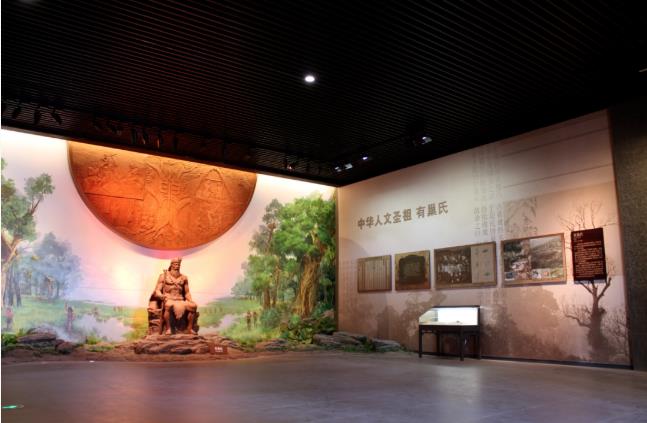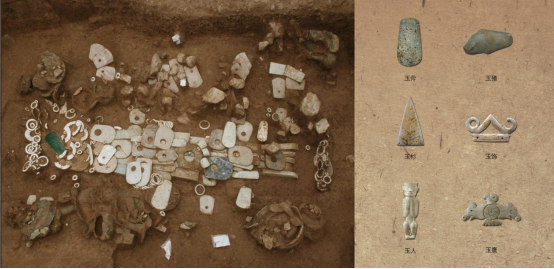 热线电话
热线电话
 用户中心
用户中心
 意见反馈
意见反馈
Anhui is an important birthplace of prehistoric civilization in China. The endless flow of Huaihe River, Yangtze River, Xin'an River and the magnificent Mount Huangshan Mountain, Jiuhua Mountain, Tianzhu Mountain, Qiyun Mountain, Langya Mountain, etc., have bred celebrities who have broken the past and become famous today.
Starting today, the Anhui Hall of Fame will launch the "Precious Inspiration - Dialogue with Anhui Celebrities" series, where famous historical figures such as Guan Yu, Laozi, Zhuangzi, Cao Cao, Hua Tuo, Bao Zheng, Zhu Yuanzhang, Li Hongzhang, Chen Duxiu, Hu Shi, who are as brilliant as stars, will travel through time and space to meet you here.
Youchao's family

In ancient times, there were few people and many wild beasts, and the people could not tolerate the invasion of insects and snakes. A ancestor taught people not to live on the ground anymore, but to build simple canopies on trees with branches and leaves, just like birds nowadays, to avoid harm from wild beasts. As recorded in Zhuangzi, "In ancient times, there were many birds and animals but few people, so the people all lived in nests to avoid them." This great innovation enabled our nation to thrive and multiply. The people love him and make him the ruler of the world, calling him the 'Youchao clan'. The main venue of the 2008 Beijing Olympics, the Bird's Nest, also shares a similar creative inspiration with our distant ancestor, the Youchao family.
Among the hundreds of ancient sages and sages who have made outstanding contributions to the Chinese nation in the murals of the Beijing China Century Altar, the first one is the Chao family. Among the 419 ancient Chinese emperors worshipped at the Baidi Palace in Beijing, Youchao is also regarded as the first ancestor.
With the excavation of Hexian Ape Man Site (300000 years old), Yinshan Homo sapiens Site (200000 years old) and Lingjiatan Site (about 5000 years old) in Chaohu Lake Basin, the footprints of Chaohu's descendants also prove that Chaohu Lake and even Anhui are one of the earliest birthplaces of human beings.

(Jade ornaments unearthed from Lingjiatan site in Hanshan County)
The skull of "Hexian Man" (300,000 years ago), discovered in 1980, is the only well-preserved skull fossil of ape-man in China and the only skull fossil of ape-man found in southern China so far.